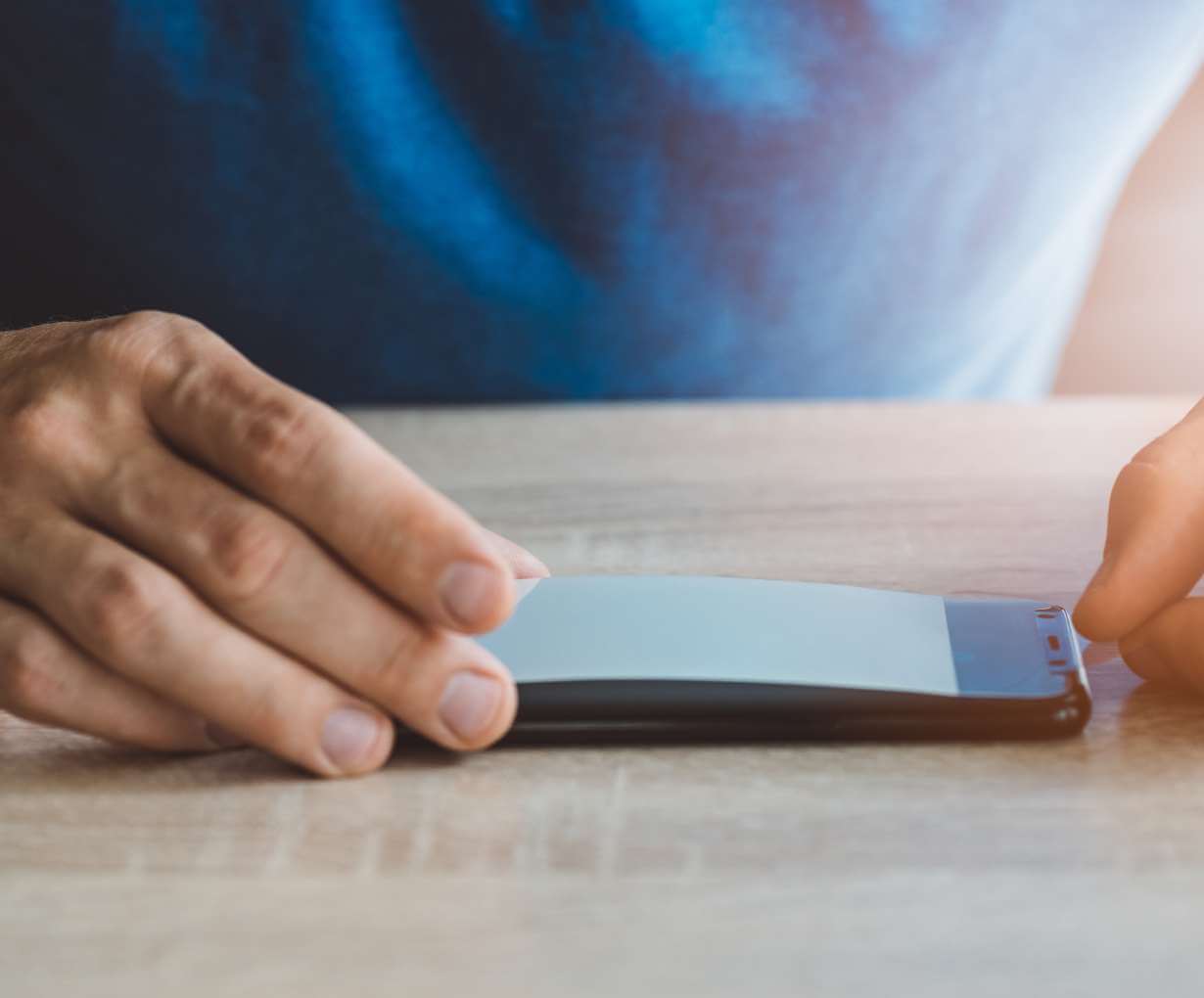As smartphones have become an integral part of our lives, it is essential to protect their screens from scratches, cracks, and other damages. Screen protectors are the most convenient and affordable solution to safeguard your phone’s screen. Among various types of screen protectors available in the market, hydrogel screen protectors have gained immense popularity. In this blog, we will explore the positive aspects of hydrogel screen protectors and compare them with other screen protectors.
Hydrogel Screen Protectors: The Positives
Self-Healing Properties: Hydrogel screen protectors have the ability to self-heal minor scratches and scuffs on their surface. This means that any minor damage to the screen protector will disappear over time, leaving your screen looking as good as new.
Soft and Flexible: Unlike tempered glass screen protectors, hydrogel screen protectors are soft and flexible, making them more durable and resistant to cracks and breaks.
No Bubbles: Hydrogel screen protectors are easy to install, and they do not leave any bubbles or residue on your screen.
High Clarity: Hydrogel screen protectors offer high clarity, providing a clear and sharp display on your phone.
Easy to Remove: Unlike tempered glass screen protectors, hydrogel screen protectors are easy to remove without leaving any residue on your phone.
Fingerprint Resistant: Hydrogel screen protectors have a special coating that resists fingerprints and smudges, making your screen look clean and clear at all times.
Full Coverage: Hydrogel screen protectors offer full coverage, protecting the entire screen of your phone from scratches and damages.
Affordable: Hydrogel screen protectors are more affordable than tempered glass screen protectors, making them a great option for those on a budget.
Easy to Clean: Hydrogel screen protectors are easy to clean, requiring only a soft cloth and a bit of water to remove any smudges or dirt.
Compatible with Cases: Hydrogel screen protectors are compatible with most phone cases, so you don’t have to compromise on protection for your phone.
Comparison with Other Screen Protectors
Tempered glass screen protectors are popular, but they do have some downsides. Firstly, they are more expensive than hydrogel screen protectors. Secondly, they are more prone to breaking and shattering on impact, which can be dangerous for your phone’s screen. Thirdly, they do not offer self-healing properties, which means that any scratches or scuffs will remain on the screen protector unless it is replaced.
Benefits for Stores and Consumers
For stores, hydrogel screen protectors are an excellent product to sell because they offer a high margin of profit while being affordable for consumers. Hydrogel screen protectors also offer a low return rate because they are easy to install and do not break easily.
For consumers, hydrogel screen protectors provide an affordable and effective solution to protect their phones’ screens from scratches and damages. They are easy to install, do not leave any bubbles, and offer self-healing properties, making them an attractive option for those who want a hassle-free screen protector.
Conclusion
Hydrogel screen protectors are an excellent option for those looking to protect their phones’ screens from scratches and damages. They offer a wide range of benefits, including self-healing properties, high clarity, affordability, and compatibility with phone cases. Compared to tempered glass screen protectors, hydrogel screen protectors are more durable, easier to install, and more affordable. For stores and consumers, hydrogel screen protectors provide an attractive option that offers great value for money.

